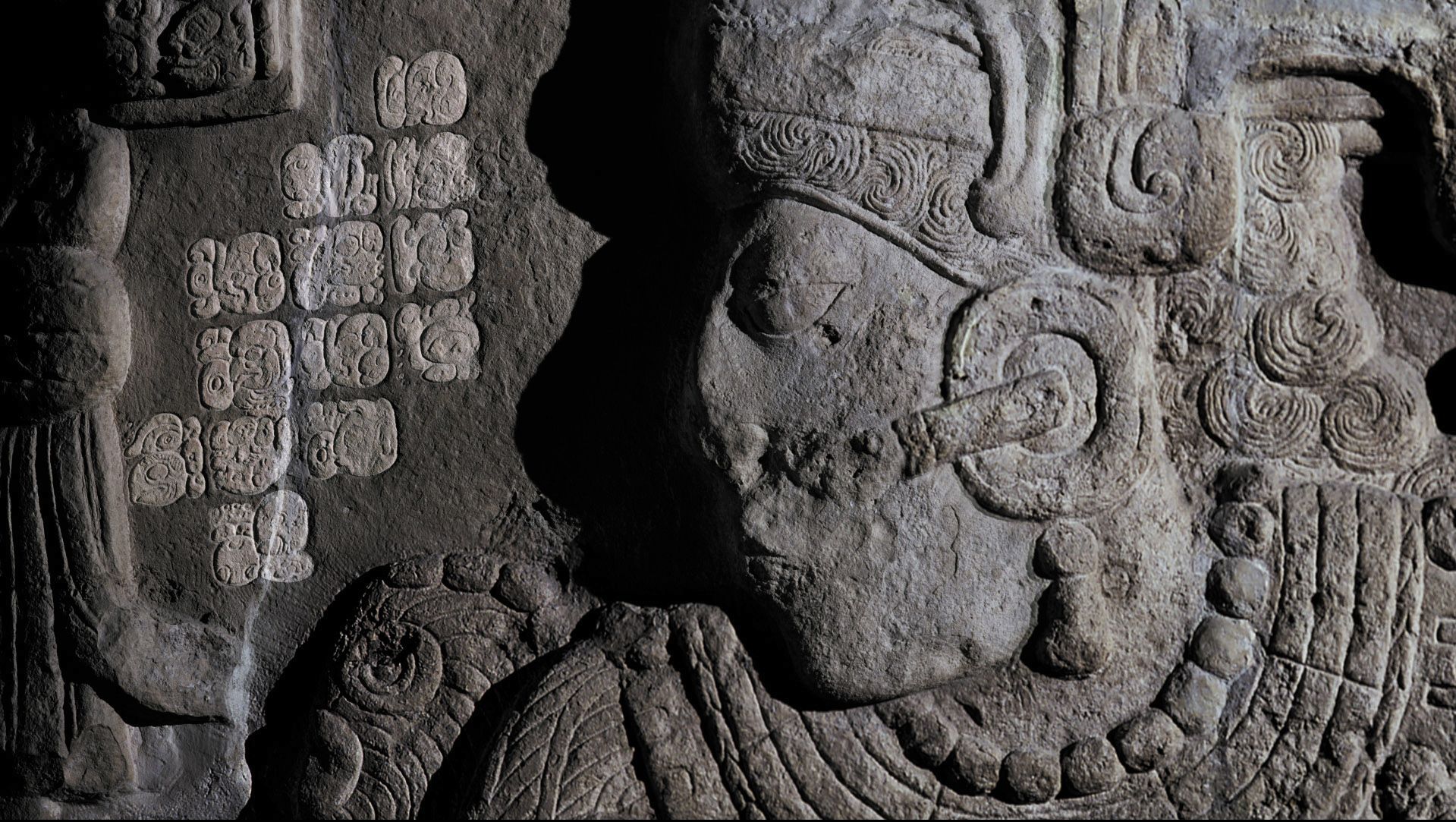ToK Essay Titles Nov 2021 Prompts 5 & 6: Part 1
Certainty & Confidence: A key distinction

As you dig into the definitions of these two key terms in these prompts – ‘confidence’ and ‘certainty’ – you’ll start to see that they appear to overlap in meaning. At times, you might even think they’re synonymous and can be used interchangeably. But take a step back. There is a relationship between the concepts but they are not the same.
In this post, we take a look at the nuances of meaning that show some similarities and, importantly, differences between ‘confidence’ and ‘certainty’ that might enable you to adapt your responses to each title more carefully.
Before we begin, let’s take a couple of Shorter OED definitions to see if we can construct a working sense of a distinction between the two concepts.
a/ ‘certainty’: ‘1. The quality of being objectively certain… 4. An undoubted fact; an indubitable prospect; a thing or person which may be relied on (to do)’.
b/ ‘confidence’: ‘1. Firm trust, reliance, faith (in); 2. Assurance arising from reliance on oneself, circumstances etc…’; 3. ‘A source of trust‘.
A first impression is that ‘certainty’ and ‘confidence’ seem to be different in that the former concept deals in ‘objectivity’ when it comes to knowledge whereas the latter deals in ‘subjectivity’ (‘reliance on oneself’).
Certainty might be a property of knowledge itself, existing independently of what we personally think or feel; a property that makes knowledge ‘reliable’ or ‘robust’; a property we might refer to as ‘truth’ or ‘falsity’. As definition a/ implies, we can know something with certainty, by establishing its truth value objectively by means of reason. Different AOKs do this in different ways, using different methods and conceptual tools and frameworks to achieve a level of ‘objectivity’. Some common ideas here are how experts ‘justify’, ‘prove’ or ‘support’ knowledge by means of different types of ‘evidence’ in establishing the truth or certainty of knowledge. We achieve a level of certainty by means of a rational approach when, as implied by the Latin root ratio, we proportion our belief in a knowledge claim according to the available evidence. We’ll come back to this later.
Confidence seems to be a property of human minds; a property that is fundamental to the way we emotionally experience the world of knowledge; a property like ‘trust’ or ‘faith’ on which we rely to give us a personal connection to the world of knowledge; a property which might also feel like ‘truth’ or ‘falsity’ to us. As definition b/ suggests, we can have an implicit confidence in knowledge, to the point at which we’re convinced of its true or false nature, when we are personally invested in it. Quite, often reason or evidence or proof have nothing to do with our sense of confidence in what we claim to know. In fact, to others, our level of confidence may appear downright exaggerated and irrational. There are studies which suggest that we have a strong tendency to underestimate or overestimate our confidence in knowledge. We’ll touch on such studies later.
In a broad sense, the two terms seem to fit neatly into the TOK conception of shared and personal knowledge. Shared knowledge brings with it the quality of certainty, established by experts through reasoned handling of evidence. Personal knowledge generates different levels of confidence, shaped by our varying experiences and emotional exposure to different ideas in different cultural contexts. Neat and tidy distinction, yes?
Now let’s go back to the OED definitions. We deliberately left out a couple of entries for each definition, because this is where the overlaps between the two concepts are signalled and could cause confusion (bold font ours):
a/ ‘certainty’: ‘2. The quality or state of being subjectively certain; assurance, confidence; certitude.’ !
b/ ‘confidence’: ‘4. Assured expectation; the state of feeling certain (of)’ !
Doesn’t this just mess up the distinctions we outlined above? This is often the source of much of the confusion around the two concepts. The bamboozling effect is intensified if we read further down the column in the entries on ‘confidence’ and see that statisticians often analyse data in terms of ‘confidence coefficients’. Just a second, surely statisticians are renowned for the ‘objective’ presentation of data, so shouldn’t this be called a ‘certainty coefficient’? It seems that even the experts use ‘certainty’ and ‘confidence’ interchangeably. Or do they…?















